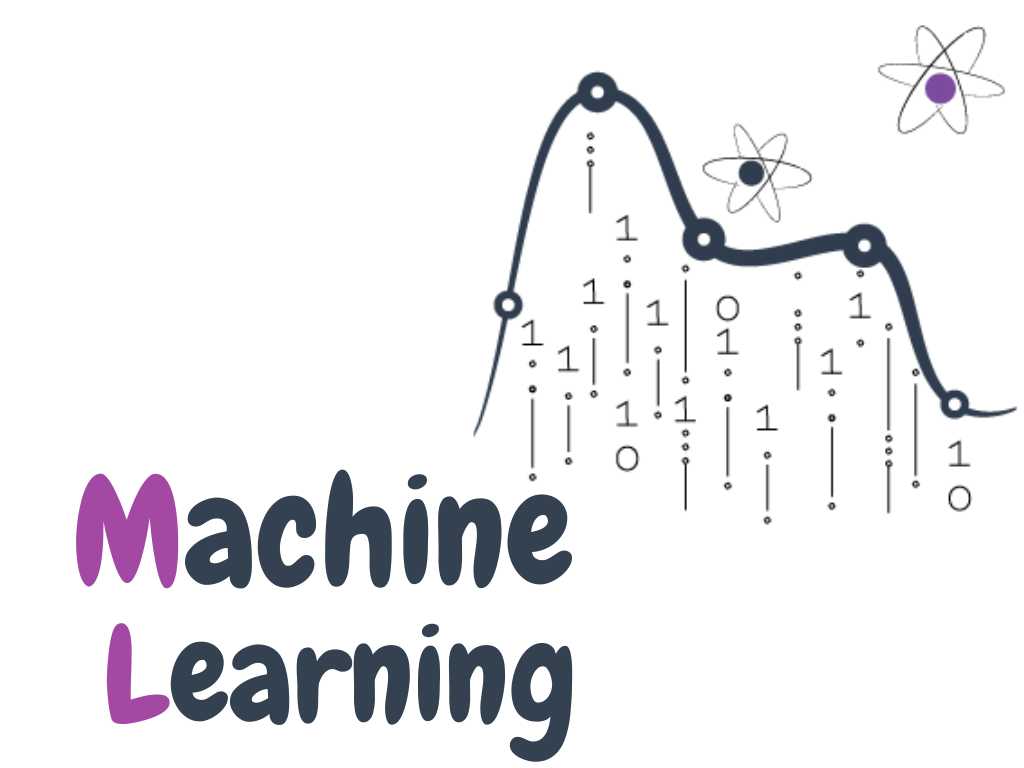-
Unsupervised learning involves training a machine
learning model on an unlabeled dataset, where the model
must find patterns and relationships in the data on its
own. This can be useful for tasks such as clustering or
anomaly detection. For example, unsupervised learning
can be used to segment customers into different groups
based on their behavior or preferences.
-
Reinforcement learning involves training a machine
learning model to make decisions based on rewards or
punishments it receives for certain actions. This can be
used to teach machines to play games, navigate
environments, or make decisions in real-world scenarios.
For example, reinforcement learning can be used to teach
a robot to navigate a maze by rewarding it for taking
the correct path and punishing it for taking the wrong
path.
Why is Machine Learning Important?
Machine learning is important for several reasons.
Firstly, it allows businesses to automate complex tasks
and make data-driven decisions in real-time. This can lead
to improved efficiency, reduced costs, and increased
revenue. For example, a bank can use machine learning to
automate loan approvals based on credit scores and other
factors, reducing the time and cost of manual reviews.
Secondly, machine learning can help businesses to identify
patterns and trends in data that would be difficult or
impossible for humans to detect. This can lead to new
insights and opportunities for innovation. For example,
machine learning can be used to analyze customer behavior
and preferences to identify new product opportunities or
optimize marketing campaigns. Lastly, machine learning can
improve the accuracy and reliability of predictions or
decisions, leading to better outcomes for businesses and
their customers. For example, machine learning can be used
to predict equipment failures in manufacturing plants,
reducing downtime and maintenance costs.
When and Where is Machine Learning Used?
Machine learning is used in a wide range of industries and
applications. Some common use cases include:
-
Fraud detection: Machine learning can be used to detect
fraudulent transactions in real-time, reducing the risk
of financial loss for businesses. For example, a credit
card company can use machine learning to identify
transactions that are likely to be fraudulent based on
past behavior.
-
Recommendation systems: Machine learning can be used to
provide personalized recommendations to customers based
on their past behavior or preferences. For example, an
e-commerce website can use machine learning to recommend
products to customers based on their purchase history
and browsing behavior.
-
Predictive maintenance: Machine learning can be used to
predict when equipment is likely to fail, allowing
businesses to perform maintenance proactively and reduce
downtime. For example, an airline can use machine
learning to predict when a plane's engine is likely to
experience a failure, allowing for timely maintenance
before a major issue arises.
-
Healthcare: Machine learning is being used in healthcare
to improve disease diagnosis, develop personalized
treatment plans, and even predict epidemics. For
example, machine learning algorithms can analyze medical
imaging scans to detect early signs of cancer.
-
Autonomous vehicles: Machine learning is a key
technology for autonomous vehicles, allowing them to
detect obstacles, navigate routes, and make decisions in
real-time. For example, a self-driving car can use
machine learning to identify pedestrians and other
vehicles on the road and adjust its behavior
accordingly.
Who Can Benefit from Machine Learning?
Any business or organisation that deals with large amounts
of data can benefit from machine learning. Some common
industries that use machine learning include finance,
healthcare, retail, manufacturing, and transportation.
However, smaller businesses can also benefit from machine
learning by using cloud-based services and pre-built machine
learning models to automate tasks and gain insights from
their data.
In conclusion, machine learning is a powerful technology
that enables businesses to automate complex tasks, gain new
insights from their data, and make data-driven decisions in
real-time. By understanding the concepts and applications of
machine learning, businesses can take advantage of this
technology to stay ahead of the competition and drive
innovation in their industry.


